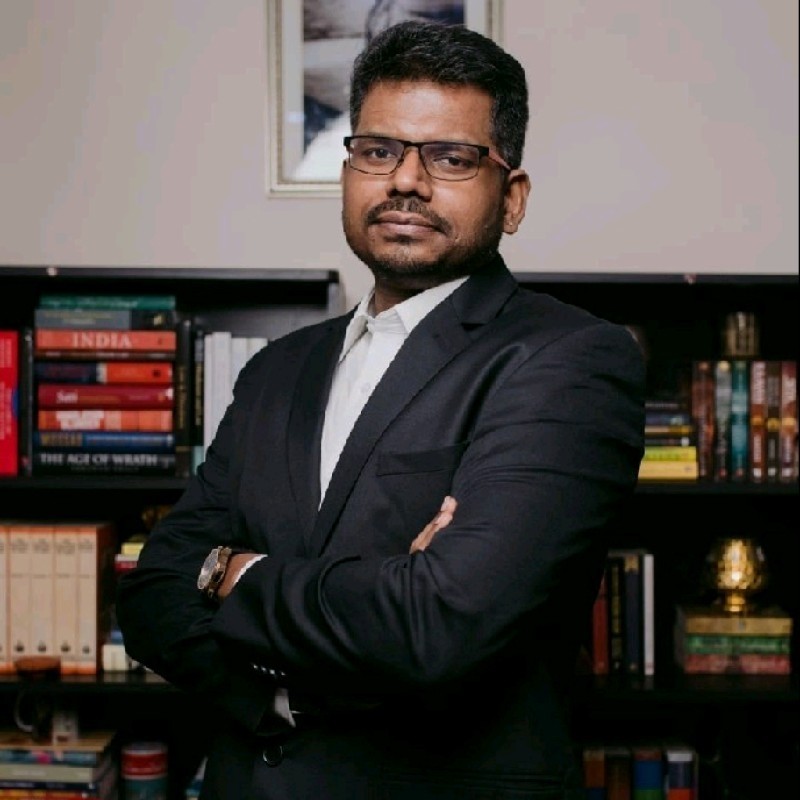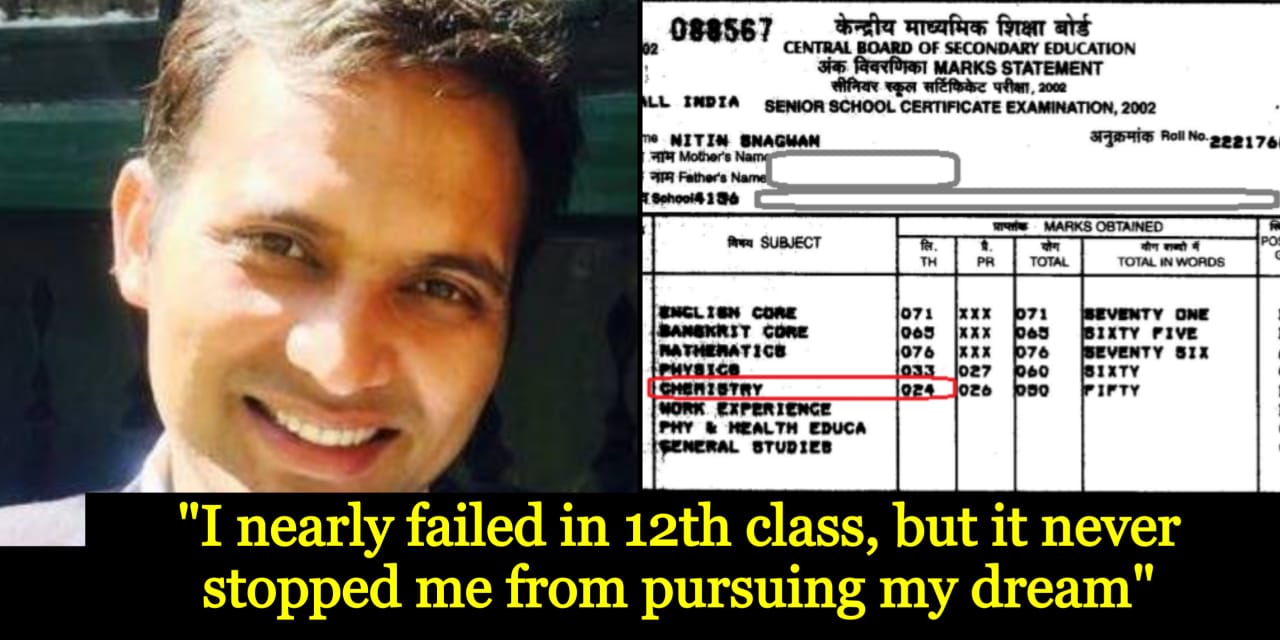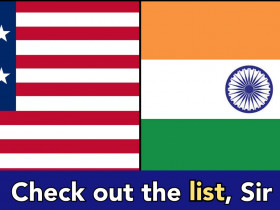No products in the cart.
Who is J Sai Deepak- the supreme court lawyer who is a nightmare for leftists
J. Sai Deepak, an engineer-turned-litigator, is a prominent figure in the Indian justice system, known for his distinctive approach and legal arguments before the Supreme Court of India and the Delhi High Court. As an unconventional lawyer, he has earned a reputation that is particularly challenging for those aligned with the Leftists.

J. Sai Deepak is an Indian lawyer and author of India/Bharat Tetralogy. As an advocate, he practices before the Supreme Court of India and the Delhi High Court. A mechanical engineer from Anna University, Sai obtained his Bachelor of Laws degree from the Law School of IIT Kharagpur in 2009 and has made his mark as a litigator in civil, commercial, and constitutional matters.
He has been part of several landmark cases, such as the cases related to Sabarimala Ayyappa Temple, Sri Padmanabhaswamy Temple, Basmati Geographical Indication, and marital rape exceptions in the Indian Penal Code. He is most famous for his representation in the case of women’s entry into the Sabarimala temple. He countered this viewpoint by asserting that the Hindu deity Ayyappan adheres to naishtika celibacy, implying a commitment to lifelong abstinence. Additionally, he put forth the argument that as a living entity, this deity is entitled to the constitutional rights of religious freedom and freedom of religion as outlined in Articles 21 and 25 of the Constitution of India.
In 2019, Sai was honored with the Young Alumni Achievers Award by his alma mater IIT Kharagpur. Apart from lecturing on constitutional issues, he writes prolifically for major newspapers and magazines. He is the author of the best-selling first book of the India Trilogy, India, That Is Bharat: Coloniality, Civilization, Constitution.
Deepak is a colonist and a regular columnist in The Indian Express and First Post. He also writes two blogs on constitutional theory and legal philosophy, one named Yukti and one named The Demanding on Civil, commercial, and intellectual property law. There is a mistress. An article in the latter blog was cited by the Madras High Court in its judgment on the TVS Motor Company v Bajaj Auto Limited intellectual property dispute.








